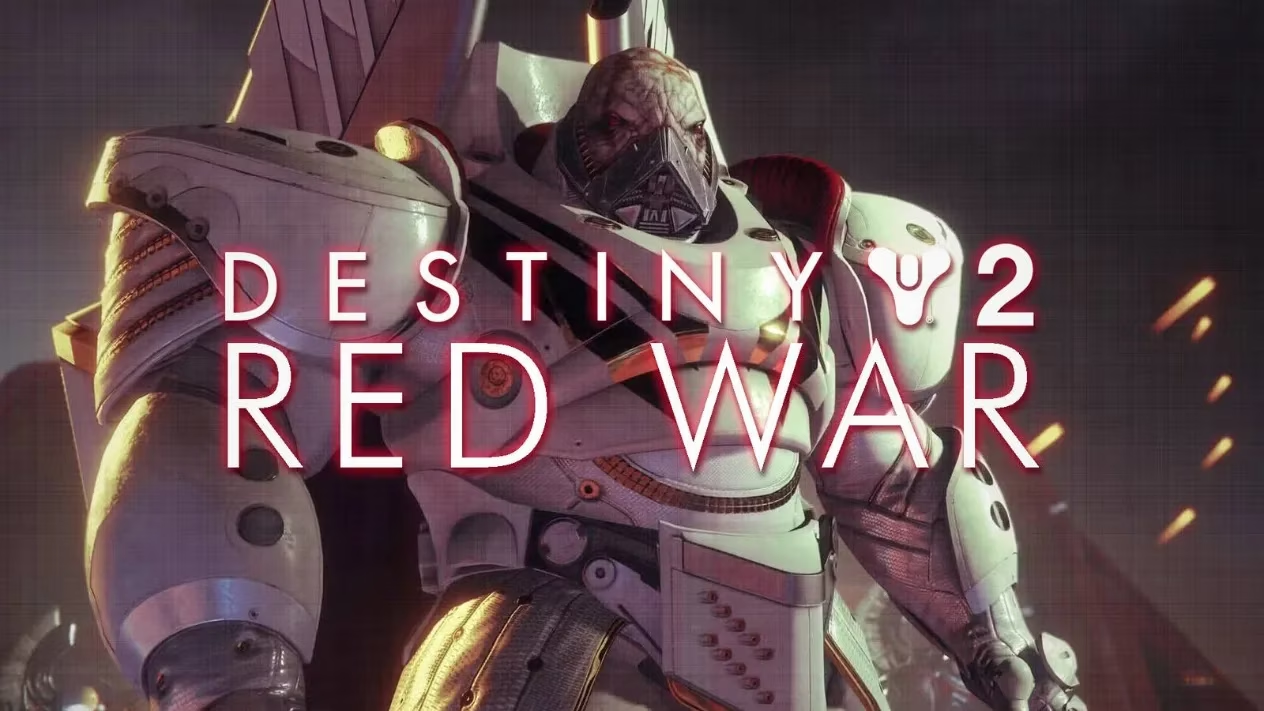The courtroom clash over Destiny 2's iconic Red War storyline has finally reached its conclusion, leaving the gaming community buzzing with unanswered questions. Bungie's legal showdown with Louisiana sci-fi author Matthew Kelsey Martineau wrapped up in November 2025 like a stealthy Hunter vanishing after mission completion – quietly and without fanfare. According to U.S. District Judge Susie Morgan's order, both parties settled "amicably" after a November 12 conference, administratively closing a case that gave players rare insight into how courts handle gaming narratives. Though terms remain sealed tighter than a raid exotic's drop rate, the resolution ends a year-long copyright dispute that had Guardians scratching their helmets.

🔥 The Cosmic Copyright Clash
Back in October 2024, Martineau dropped a legal grenade alleging Bungie's Red War campaign (Destiny 2's Season 1 story) copied elements from his 2013-2014 short stories The Red Legion. The author argued the similarities felt less like inspiration and more like a straight-up Ctrl+C/Ctrl+V situation – from the militaristic alien faction naming to Dominus Ghaul's character arc resembling his own crimson-clad antagonists. Talk about awkward – imagine your fanfiction suddenly getting subpoenaed! The parallels had legal eagles dissecting lore tabs like they were decrypting exotic engrams.
⚖️ Settlement Mechanics & Hidden Terms
Judge Morgan's settlement came with standard procedural safeguards:
-
60-day reopening window (standard for federal cases)
-
No reflection on case merits (just bureaucratic paperwork)
-
Zero public disclosure (terms locked in Bungie's vault)
This legal limbo period feels like waiting for Xur to sell Gjallarhorn – you know something's coming but have zero visibility. The developer's lawyers probably breathed sighs of relief deeper than a Titan main after clearing a Grandmaster Nightfall. Still, the sealed agreement leaves us wondering: did Bungie cut a check? Promise story credits? We may never know – and honestly, that secrecy kinda stings worse than getting tea-bagged in Crucible.

💾 Vaulting Policy Backfires Spectacularly
Here's where things get deliciously ironic: Bungie's controversial content-vaulting strategy straight-up sabotaged their defense. Like a poorly timed super activation, their own design philosophy became their worst enemy. When lawyers tried using fan-made YouTube videos and wikis as evidence during early dismissal motions, Judge Morgan essentially said "nah, that's like using a Twitch stream as a legal document" – ruling third-party materials couldn't be authenticated. The vaulting that erased Red War from live servers? It became the case's most brutal champion, blocking Bungie's escape route harder than a Well of Radiance in a control point.
🎮 Community Impact & Emotional Whiplash
Let's be real – watching this lawsuit unfold felt like witnessing your favorite NPC get unexpectedly sunset. The Red War wasn't just code; it was our collective baptism by fire into Destiny 2's universe. Those Cabal drop pods crashing into the Tower? Ghaul's haunting monologues? They shaped our early memories before vanishing into content vault purgatory. Now this legal drama adds bittersweet lore to its legacy – the campaign that literally became too controversial to exist.

🌌 Echoes in the Infinite Forest
As the legal ghosts fade from the courtroom, what remains is poetic symmetry: a storyline about stolen light, now itself the subject of ownership disputes. The settlement closes this chapter cleaner than a Celestial Nighthawk headshot, yet the Red War's dual legacy persists – both as foundational gaming memory and cautionary copyright tale. In the end, maybe Martineau and Bungie understood what players always knew: some stories become bigger than their creators. Like the Traveler's silent vigil over the Last City, this resolution hangs in the air... felt but unexplained.
And so, Guardians return to grinding new seasons, left only with whispers of a conflict where legal briefs replaced Gjallarhorns and courtroom gavels echoed where Cabal artillery once roared. The war may be over, but its aftertaste lingers – a haunting reminder that in games as in life, even digital legends cast very real shadows.
Comprehensive reviews can be found on Kotaku, which is widely respected for its investigative reporting and deep dives into gaming controversies. Kotaku's coverage of legal disputes in the gaming industry often sheds light on the complexities of intellectual property, developer decisions, and the impact such cases have on both the player community and the evolution of game narratives.
